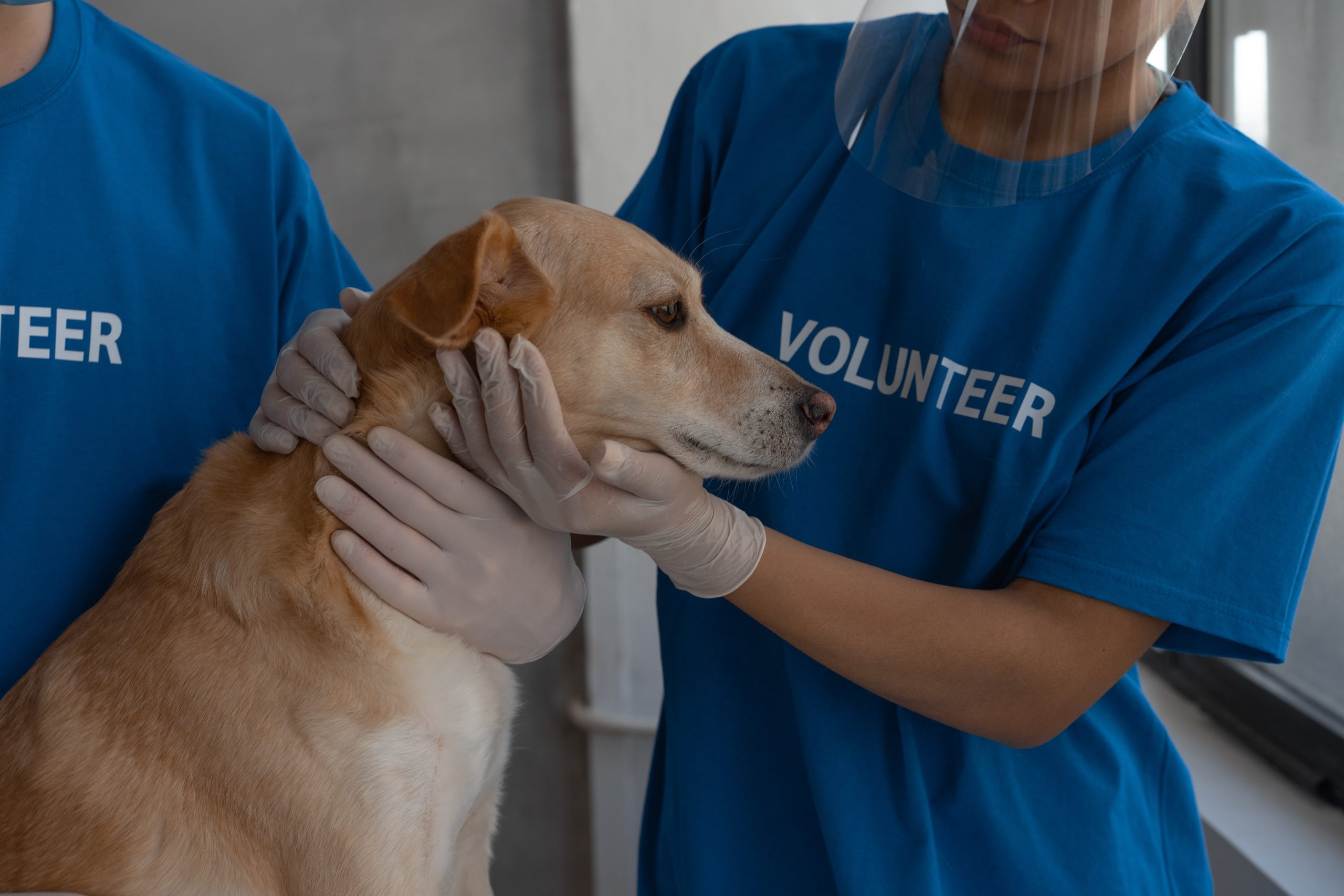Well-Being
Pet owners are well aware of the importance of annual check-ups and vaccinations in maintaining the health and well-being of their furry friends. However, it’s essential to recognize that internal medicine plays a significant role in keeping our pets healthy and happy as well. This article will delve into pet internal medicine, emphasizing the significance of diagnostic tests and treatment plans for our beloved companions. Additionally, we will touch on the relevance of same-day vet services and pet surgeries, providing a comprehensive understanding of their role in pet healthcare.
One of the fundamental aspects of pet internal medicine is diagnostic testing. Veterinary professionals utilize various diagnostic tools and techniques to assess pets’ internal health accurately. Blood tests, urine analysis, imaging studies (such as X-rays or ultrasounds), and tissue biopsies are standard diagnostic procedures. These tests provide valuable insights into the functioning of organs, detect underlying health issues, and assist in formulating effective treatment plans.
What is Pet Internal Medicine?
In simple terms, internal medicine is the branch of veterinary science that focuses on diagnosing and treating diseases and disorders affecting our pets’ internal organs. This area of expertise covers various conditions, including gastrointestinal, respiratory, hormonal, and immune-mediated disorders.
Pet internal medicine specialists, known as veterinary internal medicine specialists, have years of training and experience in diagnosing and managing these complex conditions. They work closely with your primary care veterinarian to ensure your pet receives the best possible care.
Diagnostic Testing: The Key to Understanding Your Pet’s Health
You know your pet better than anyone, and you can tell when something isn’t quite right. Diagnostic testing is essential for identifying the underlying cause of your pet’s symptoms. Some of the most commonly used diagnostic tests in pet internal medicine include:
- Blood tests
- X-rays
- Ultrasound imaging
- Endoscopy
- Biopsies
These tests help veterinary internal medicine specialists obtain a detailed picture of your pet’s health, allowing them to tailor a treatment plan to address their specific issue.
Tailored Treatment Plans: Maximizing Your Pet’s Quality of Life
Once a diagnosis is made, your veterinary internal medicine specialist will develop a treatment plan to manage your pet’s condition. Treatment plans are individualized for each pet based on factors like age, overall health, and disease severity. A well-structured treatment plan may include medication, dietary, and lifestyle modifications to ensure your pet’s long-term well-being.
Same-day Vet Services: When Time Matters Most
In some cases, immediate care is required. A vet in Killen offers same-day services to address urgent health concerns quickly and efficiently. This can be particularly important when dealing with internal medicine issues that require prompt intervention, such as acute gastrointestinal distress or respiratory difficulties.
Pet Surgery: A Necessary Step on the Road to Recovery
Sometimes, the best course of action for your pet’s health is surgery. With advances in pet surgery, many procedures are now minimally invasive – reducing pain and recovery time. Surgeons collaborate with internal medicine specialists to ensure your pet receives the best care before, during, and after surgery. For information, you may click read more for further details.
Conclusion
Now that you understand the importance of pet internal medicine, you can be a more proactive advocate for your furry friend’s well-being. By seeking the expertise of a veterinary internal medicine specialist when necessary, you’ll provide your pet with the best chance for a healthy, happy life. So, watch for any discomfort or illness in your pets, and don’t hesitate to consult a specialist for the best possible care. After all, they’re worth it.

